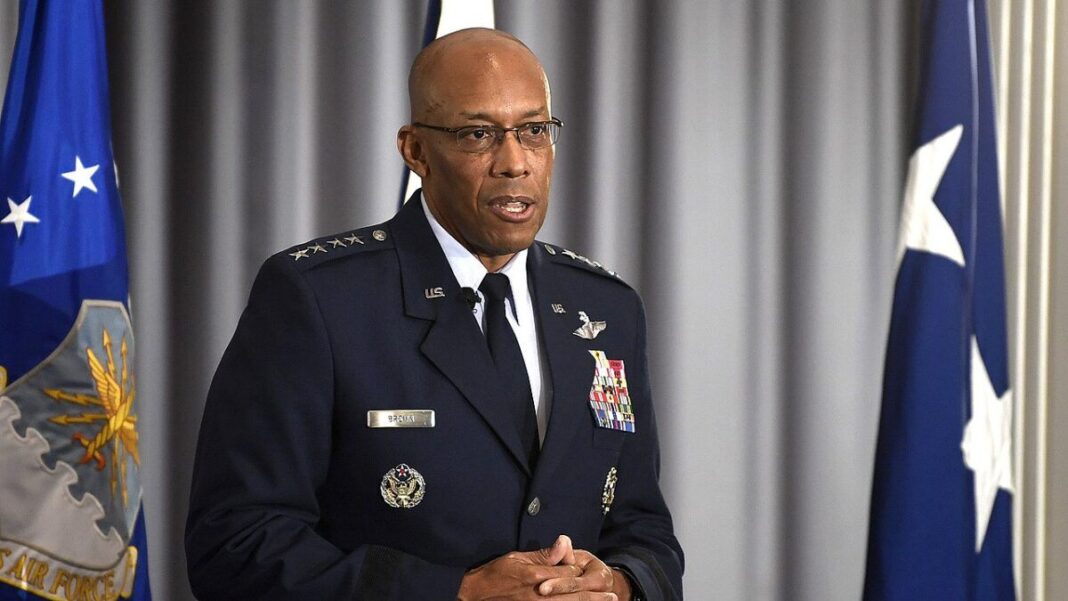
Is Gen. Charles Q. Brown qualified to lead the country’s military during these turbulent times?
As the highest-ranking officer in the United States armed forces, the chairman of the Joint Chiefs of Staff (CJCS) is the primary advisor in military matters to the president, Department of Defense, Homeland Security Council, and the National Security Council. Do the skill sets and history of political activism of the current nominee, Gen. Charles Q. Brown, qualify him to lead the country’s military during these turbulent times?
The United States military’s reputation and mission readiness are in free fall, and diversity, equity, and inclusion programs (DEI), which pervade the armed services, bear much of the blame. Brown supports, promotes, and defends DEI passionately and unapologetically. Plunging enlistments, declining public trust and confidence in the highest echelons of command, lowering physical fitness and aptitude standards, and plummeting military power ratings are the result of these self-inflicted wounds. Just as saltwater tarnishes a sword, DEI erodes the fabric of trust, competence, and unit cohesion.
Brown represents DEI in euphemistic terms that are palatable to the public and allude to fairness and equal opportunity. But DEI has deep Marxist roots based on critical theories, where merit is minimized, and power structures are based on identity, oppression, and racism. It is a stealth weapon devised by academics that breeds conformity of thought, marginalizes members of organizations solely due to superficial characteristics, and engenders favoritism. The Air Force faces a 2,000-pilot deficit, but Brown’s priority is not focused on this crucial concern but rather the racial and sexual distribution of the pilots he commands.
His unwavering support of identity-based quotas and DEI imperatives is sufficient to justify and rationalize the purge of the depleted pilot corps of competent aviators that is composed of too many white males.
By Scott Sturman






